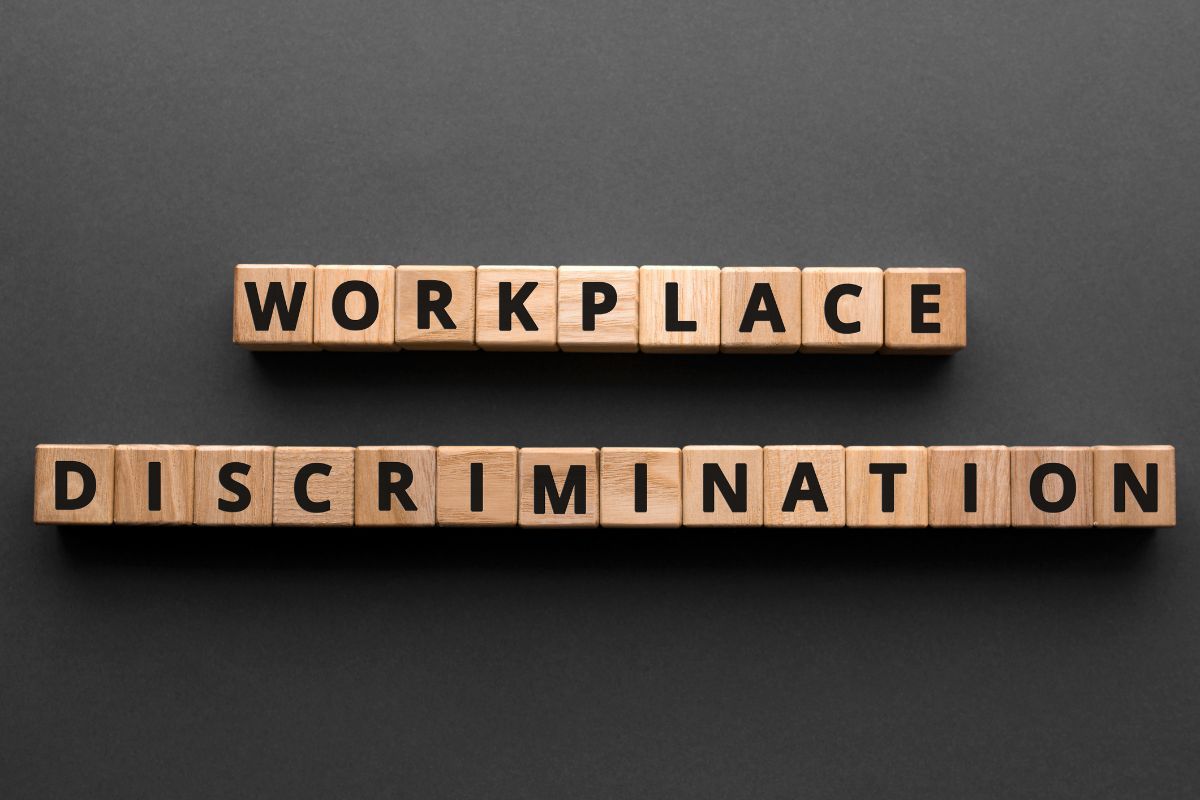Workplace discrimination in Missouri is still a significant problem in our state and country. Whether the discrimination is based on race, religion, gender, age, or another protected class, you should not hesitate to confer with knowledgeable and dedicated employment law attorneys. We will go over your case with you and help you decide if you should pursue a claim. We will help you fight for your rights.
There are a variety of types of discrimination that occur in the workplace in Missouri, but below are 7 of the most common:
Racial Discrimination
It is a violation of the Missouri Human Rights Act (“MHRA”) and Title VI of the Civil Rights Act of 1964 for an employer to discriminate against an employee based upon their race. Unfortunately, while we all want to live in a society where race does not matter, we are not there yet, especially in the workplace.
Color Discrimination
Like racial discrimination, MHRA and the Civil Rights Act protects persons of color. The term “color” is defined as an individual’s complexion, shade/tone, or skin pigmentation.
National Origin Discrimination
An employer is prohibited from discriminating against employees based upon their national origin, which includes their place of birth, their accent, or even if they are married to or partners with somebody of a certain national origin.
Sex Discrimination
Although women have come a long way in the workplace, discrimination based upon gender still frequently occurs. However, discrimination based on sex also includes a person’s gender identity, sexual orientation, or pregnancy. Additionally, the victim and the harasser may be the same sex or different sex.
Age Discrimination
Employees over the age of 40, employed by private employers with a minimum of 20 employees, are prohibited by the Age Discrimination in Employment Act of 1976 are protected from workplace discrimination based solely on age. Age discrimination occurs when you are not hired, promoted, or you are fired because of your age.
Religious Discrimination
The MHRA and Title VI protects employees from religious discrimination in the workplace. If your religion has certain requirements and your employer refuses to make reasonable accommodations, you may have a claim of religious discrimination. A few examples of failing to make reasonable religious accommodations are refusing to give short breaks for prayer time, refusal to give time off for religious holidays, or failing to grant exceptions to the dress code or grooming requirements.
Disability Discrimination Workers with disabilities are protected by the Americans With Disabilities Act of 1990 from discrimination in the workplace. An employer must also provide reasonable accommodations to allow a disabled person to perform his or her job duties.
What can a Victim of Discrimination Recover?
When an employee proves he or she was the victim of workplace discrimination, a wide range of damages may be recoverable against the employer. Examples of damages often awarded to employees are back pay, reinstatement to your job, front pay or even punitive damages. Once you confer with one of our experienced workplace discrimination lawyers, we can explain what damages may be available you for your discrimination claim.
Contact a Workplace Discrimination Attorney
The Crone Law Firm is passionate about helping victims of discrimination stop the discriminatory behavior and recover damages for the injuries sustained. If you
have been refused employment, passed over for a promotion, unjustly fired or refused full payment of your earnings and you believe it was because of discrimination, contact us to determine if your rights have been violated. We want to help you work it out. Call us at 901-737-7740 to see how we can help.
Let’s go get some justice! If you’ve been treated unfairly at work and are wondering if you should take action, contact us and we’ll help you evaluate the merits of your case. Once you know, you can decide what you want to do.


